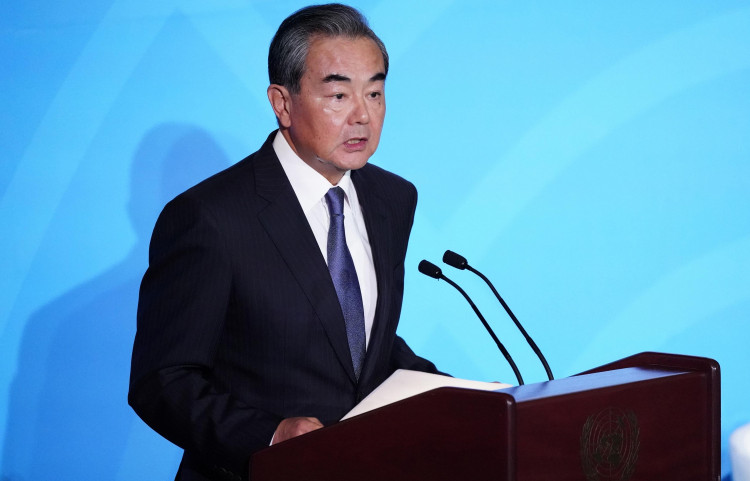Six of the largest coal-power companies in China have a lot to do to address the pressing concerns of climate change, leaving the country improperly positioned with its wide-ranging environmental policies, a governance and sustainability expert said.
These issues are what's keeping stockholders without substantial data on how the coal power firms are tackling environmental problems or realigning their businesses to adapt, the Asian Research & Engagement disclosed on Monday.
The coal generators, with a total market capitalization of more than $90 billion at the mid-year, comprise around a quarter of China's power with combined emissions of around 3 percent of the global carbon dioxide output in 2017, the Singapore-based research agency said.
Based on its report, the biggest power generating utilities in China are struggling to carry out crucial measures as they shift to a cleaner form of energy. According to Asian Research, overseas investing firms are finding it more difficult "to justify holding shares."
The global energy industry is under an extreme burden to cut carbon pollution down to safe levels, with coal power under tight scrutiny as it poses the most danger to the environment.
The debate as to its continued use has sparked mixed opinions among lawmakers, discouraged some big mining firms like BHP Group and Rio Tinto, and forced big-name lending facilities such as HSBC Holdings and Standard Chartered Plc to cut financial support for new coal ventures.
Although the country has integrated more solar and wind power output compared to other nations, China mines and burns around 50 percent of the coal production in the world, which still meets more than half of its total energy requirements.
Based on the assessment made by the Asian Research and Engagement, a major hurdle for the coal companies is that broader emission targets mandated by Chinese leader Xi Jinping's administration are pursued by bigger government-run parent firms across various sectors, of which the energy firms on average comprise just 30 percent of total production.
In a speech he delivered during the recent 2030 Agenda for Sustainable Development at the United Nations, Chinese President Xi Jinping special envoy Wang Yi said in order to achieve sustainable development goals, effective measures must be implemented "to strengthen global partnership for environmental and economic development."
Meanwhile, China will target to stop the operations of a total of 8.7 gigawatts of aging coal-fired facilities by the end of 2019, the National Energy Administration said, as part of the country's action plan to contain the worsening levels of smog and greenhouse gas pollution. Chinese officials have ordered all provinces and regions to close coal-fired power plants with a production of below 50,000 kilowatts, NEA said.






